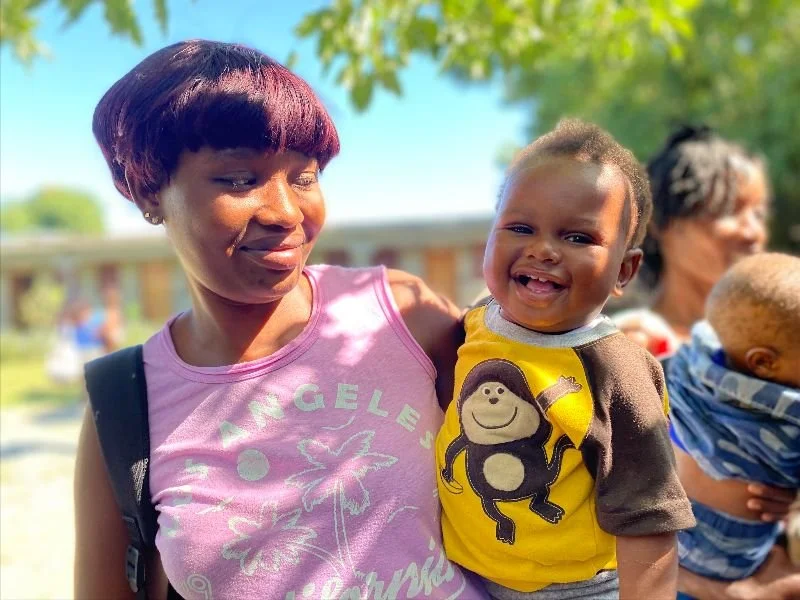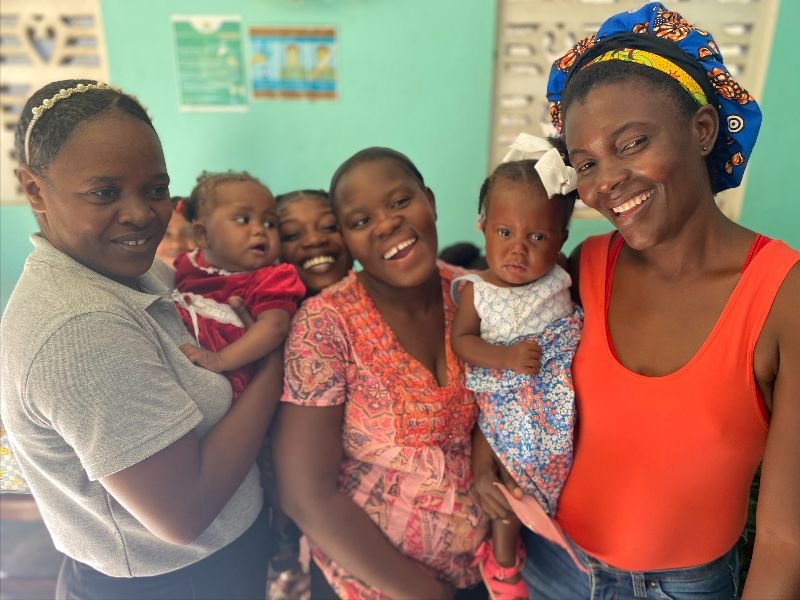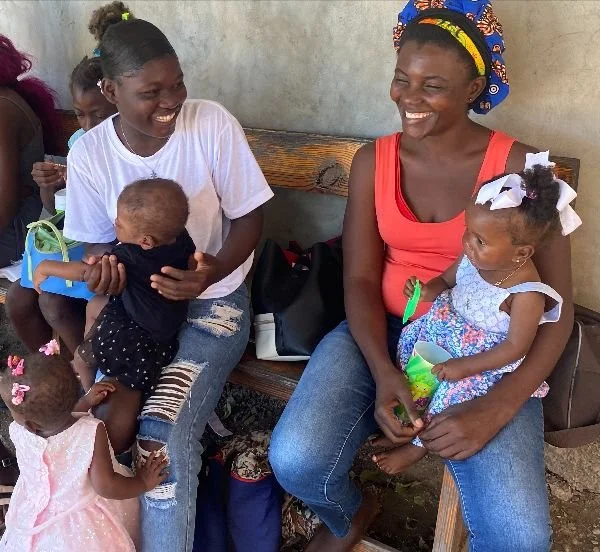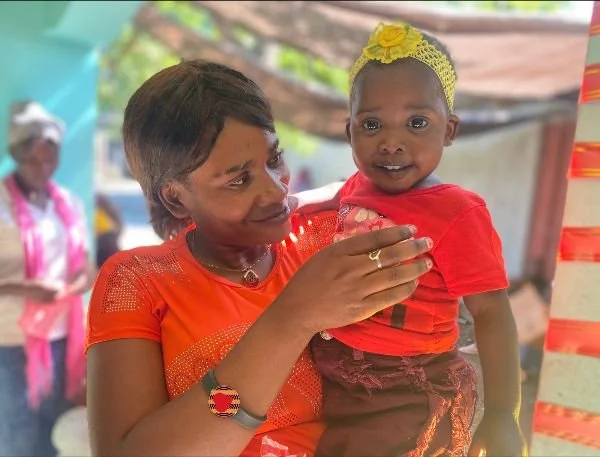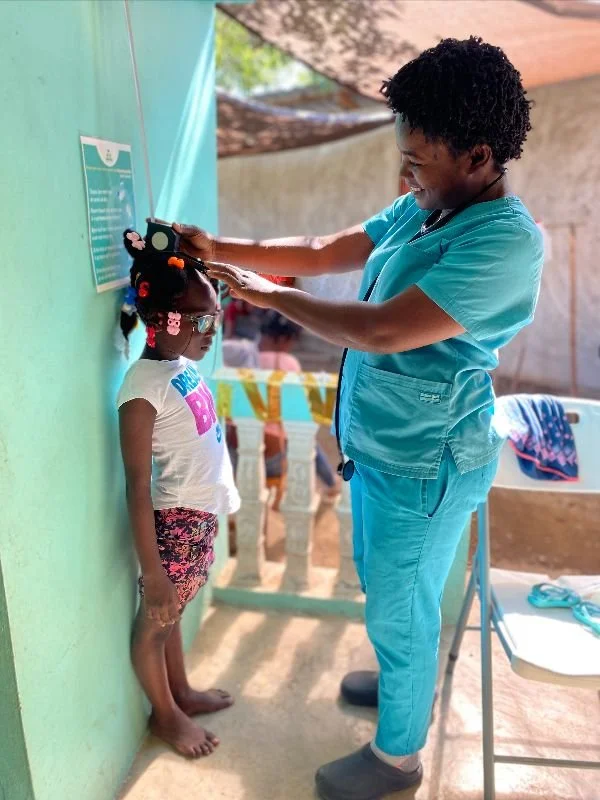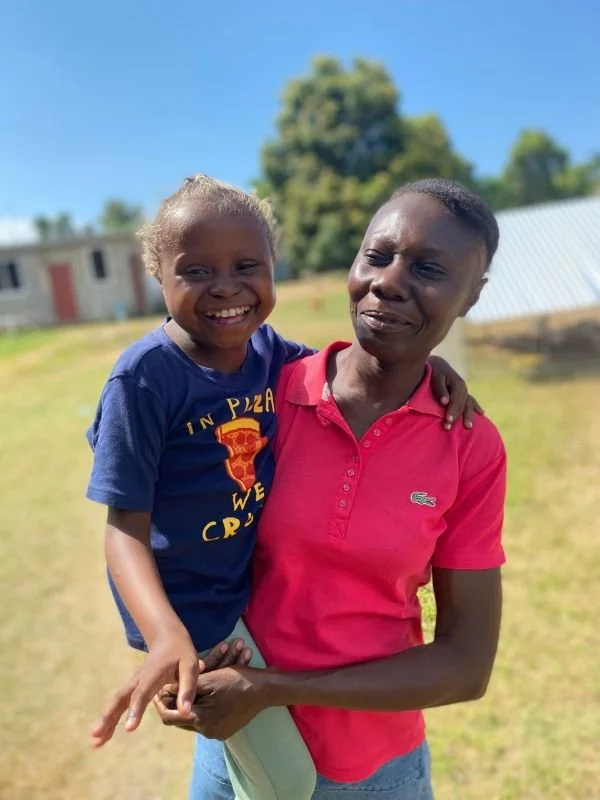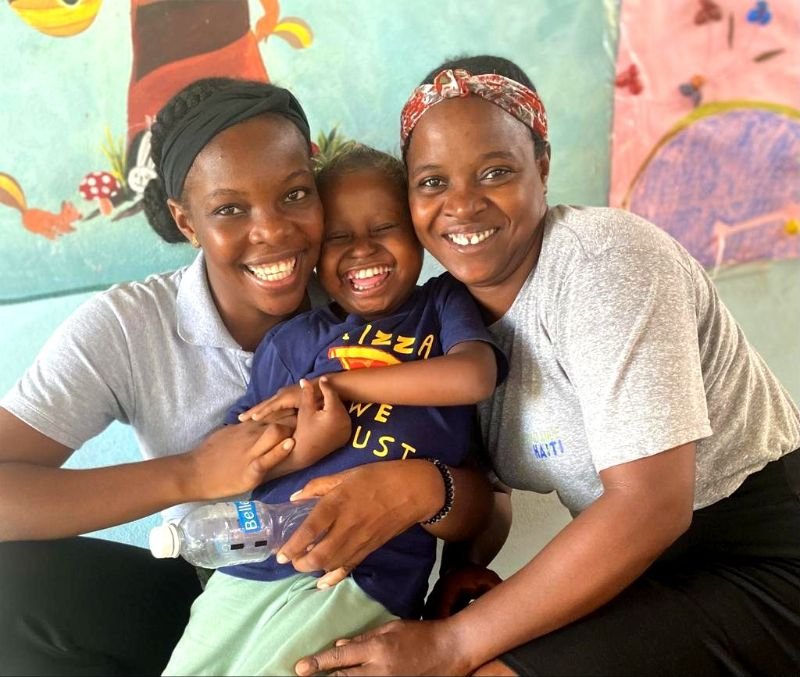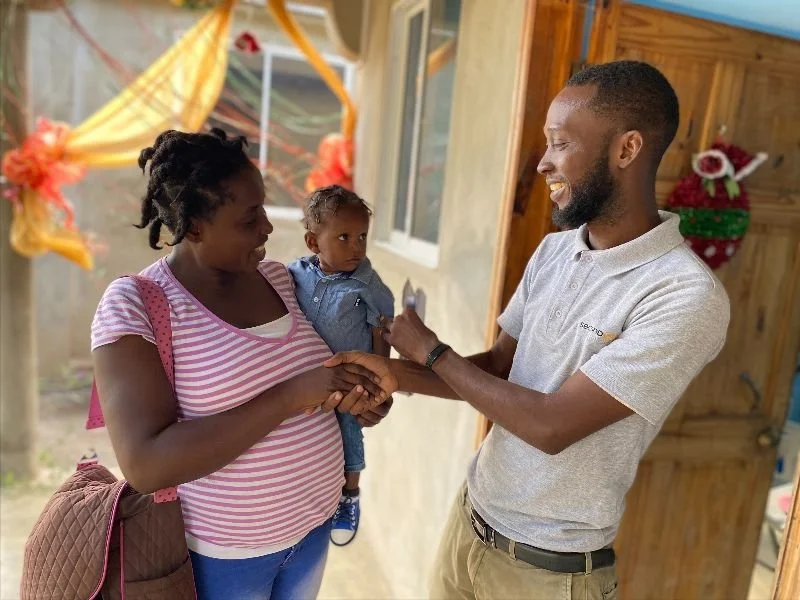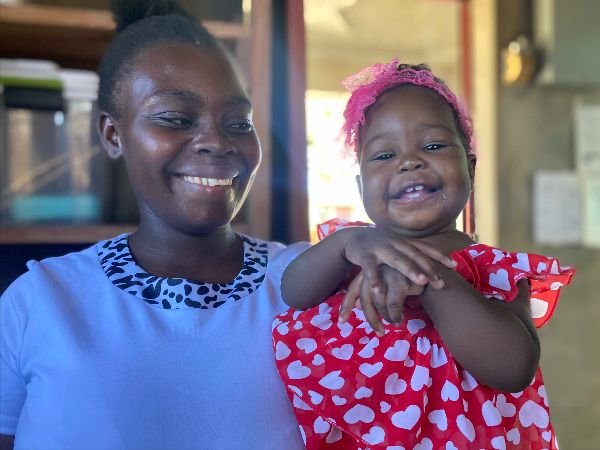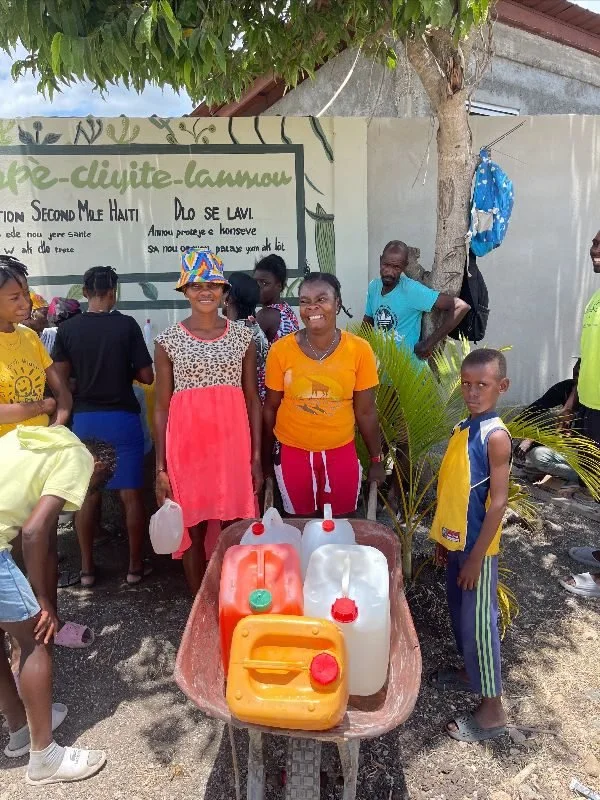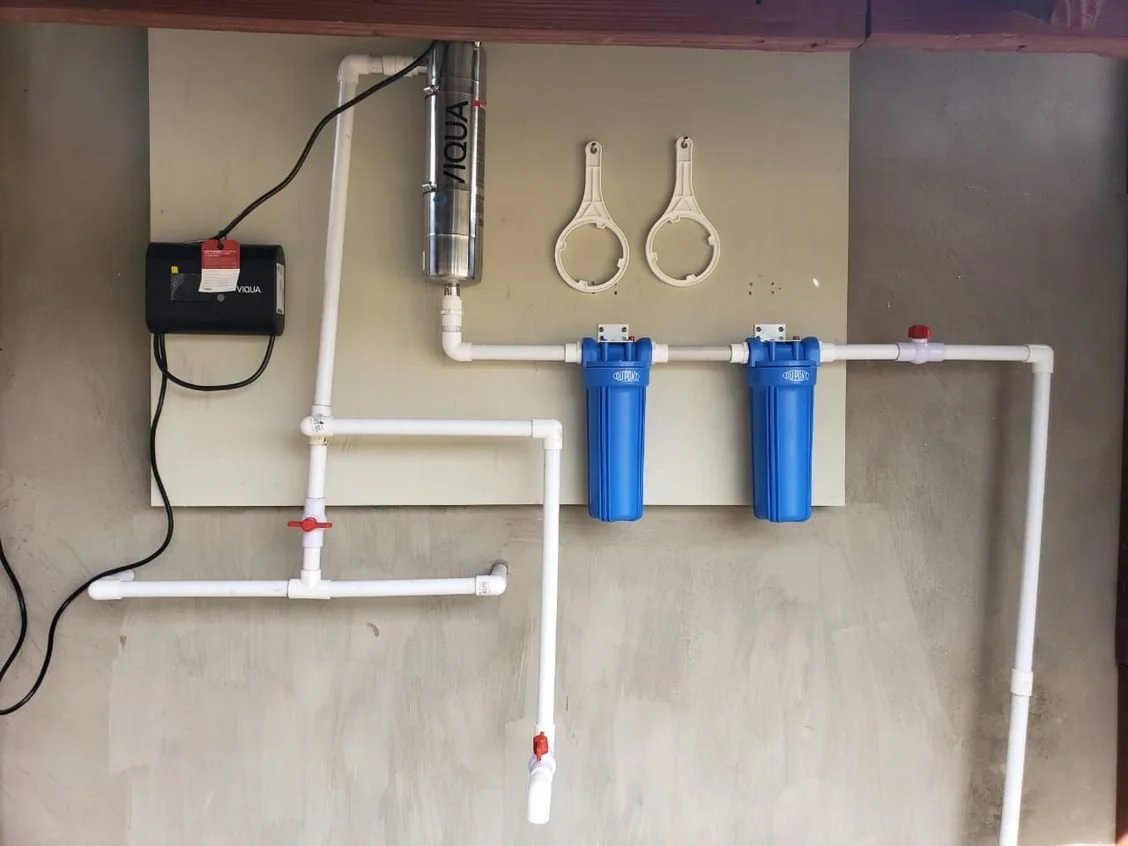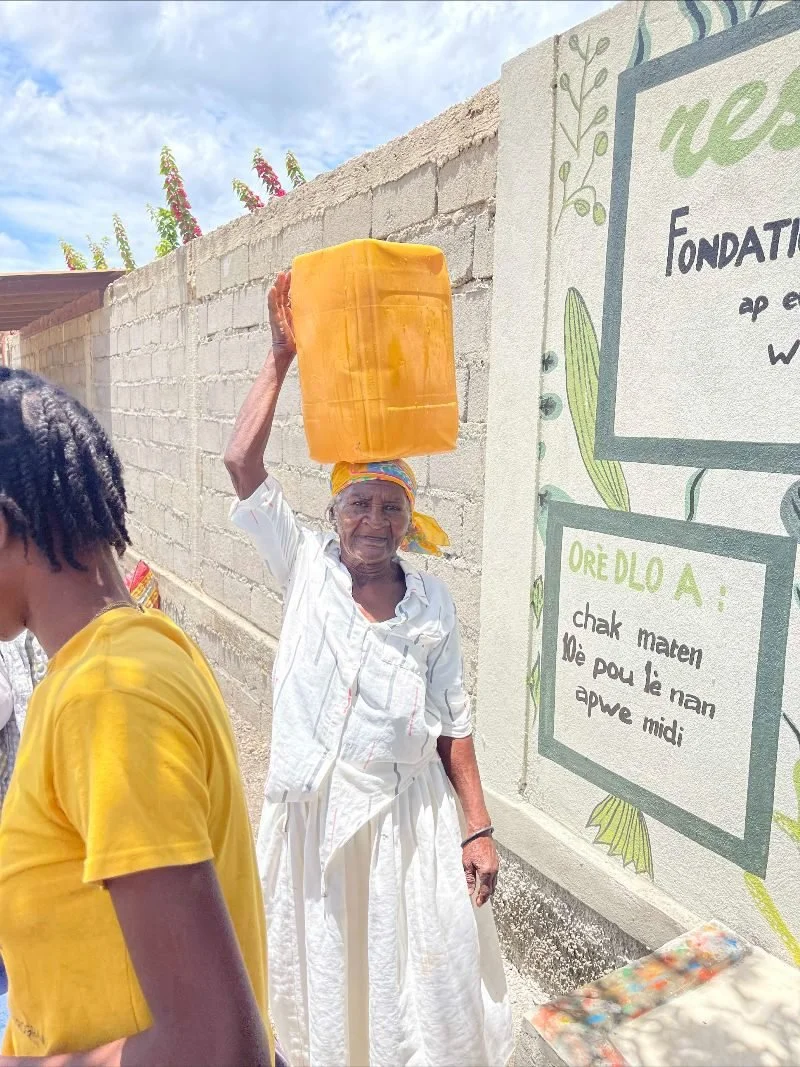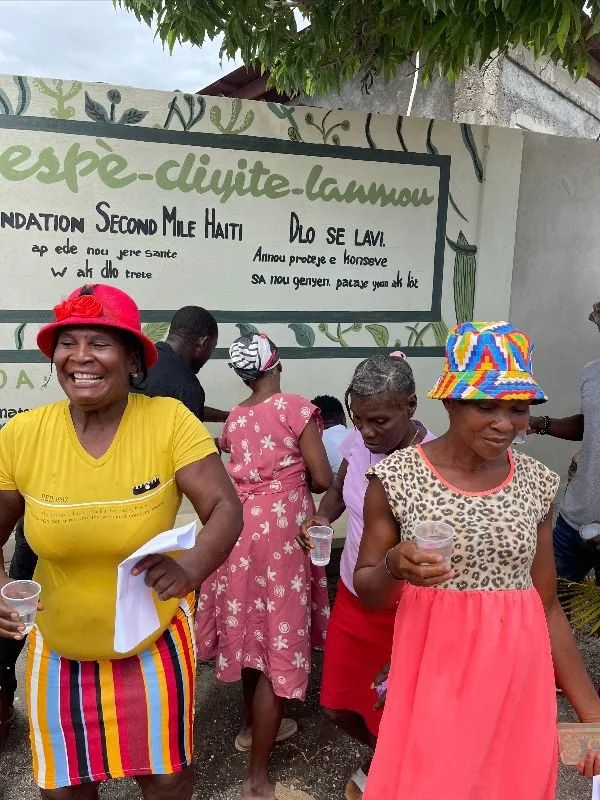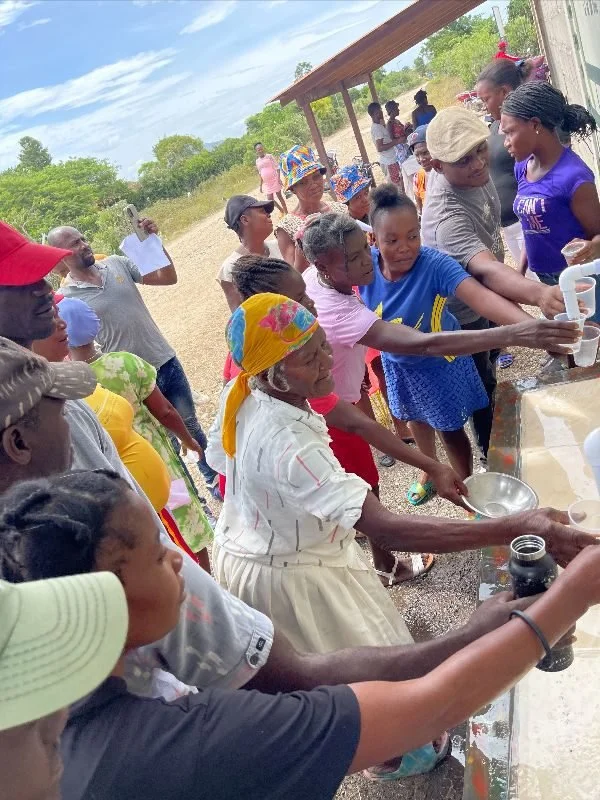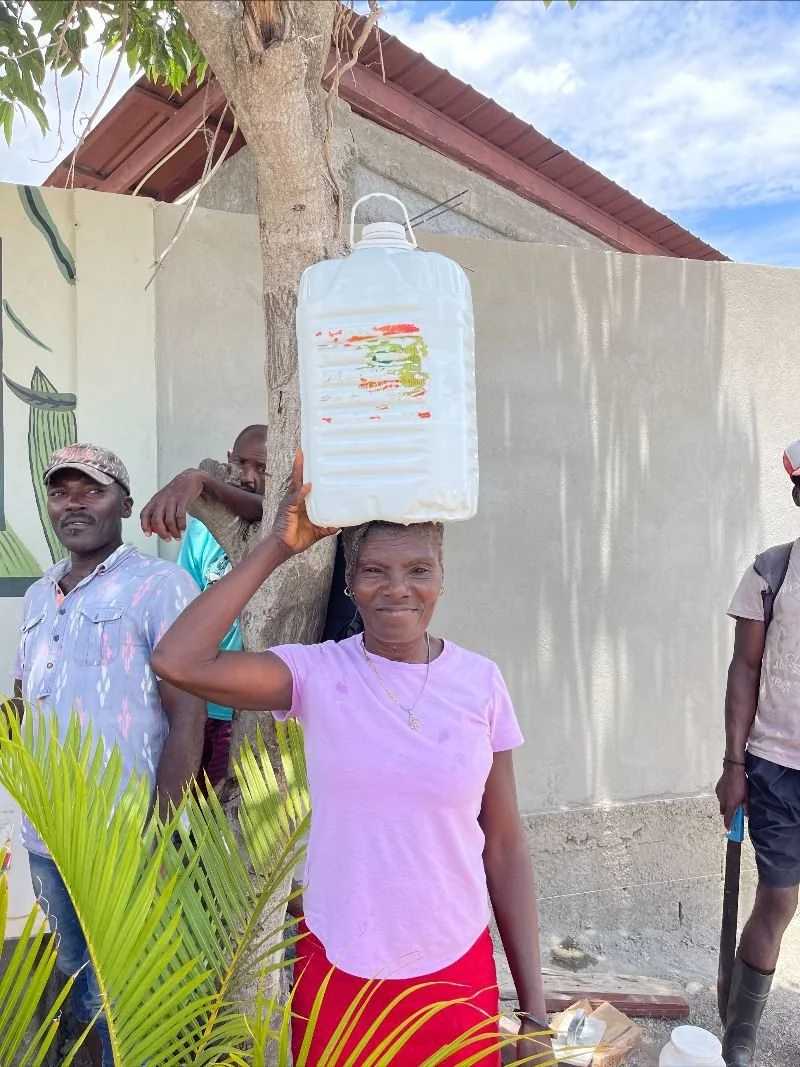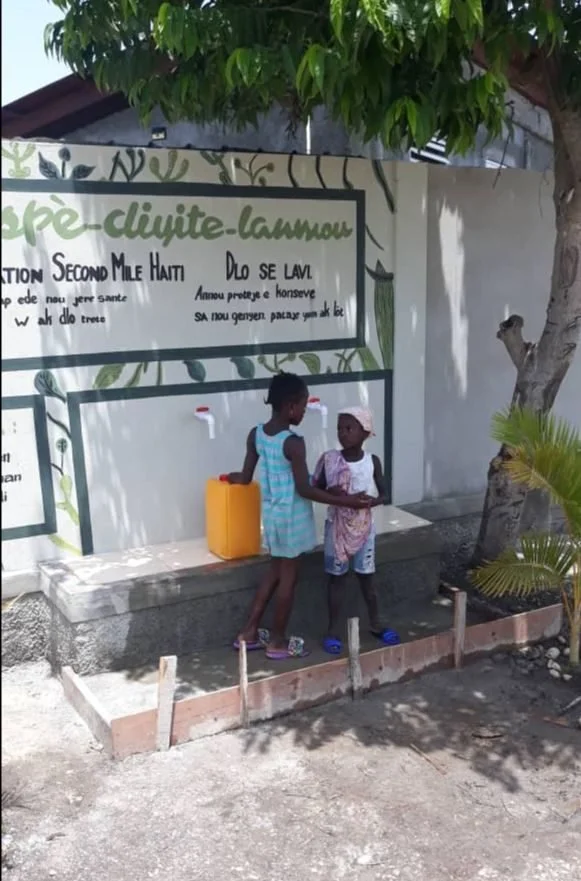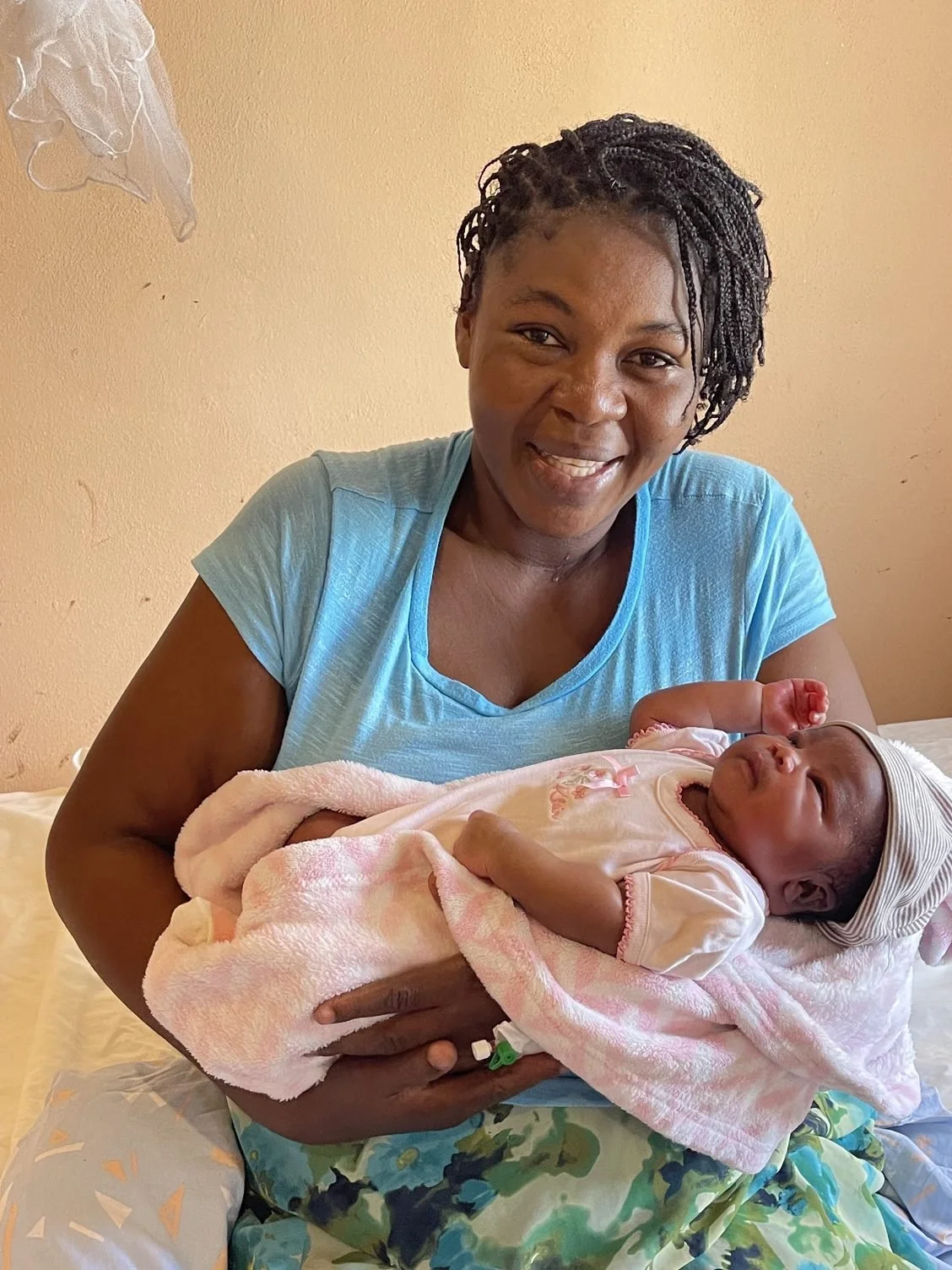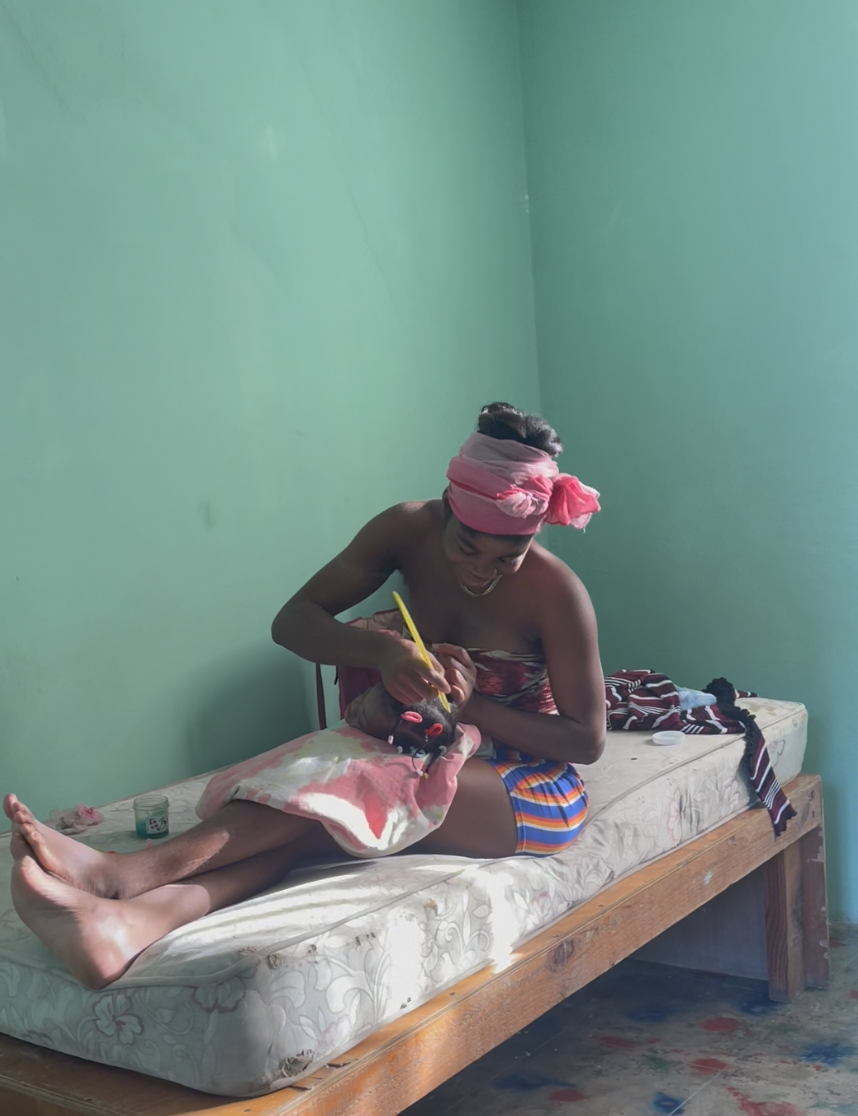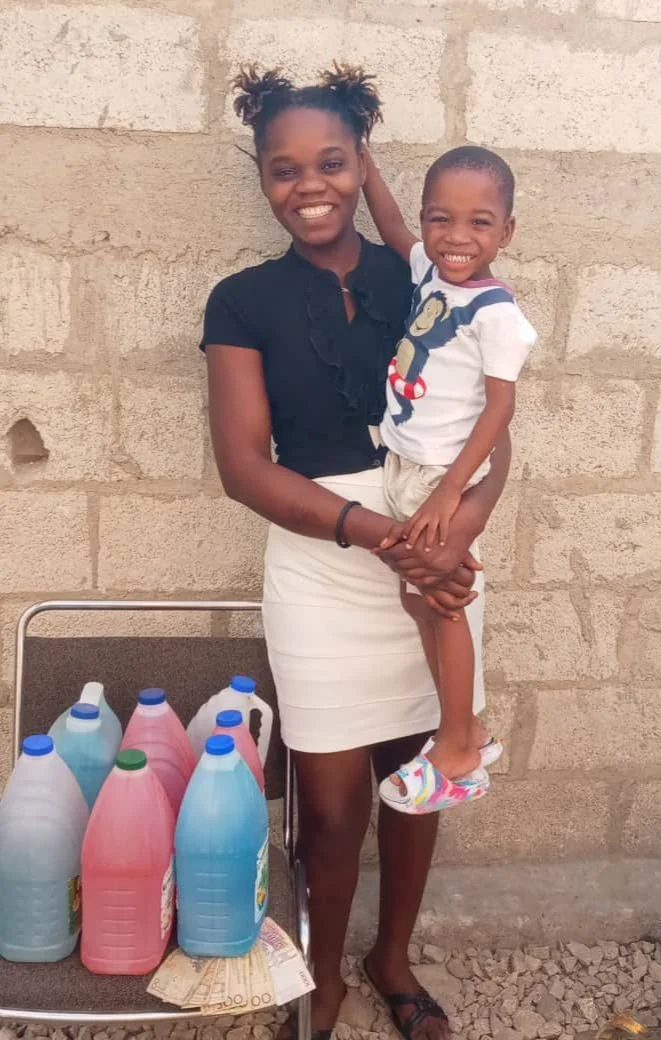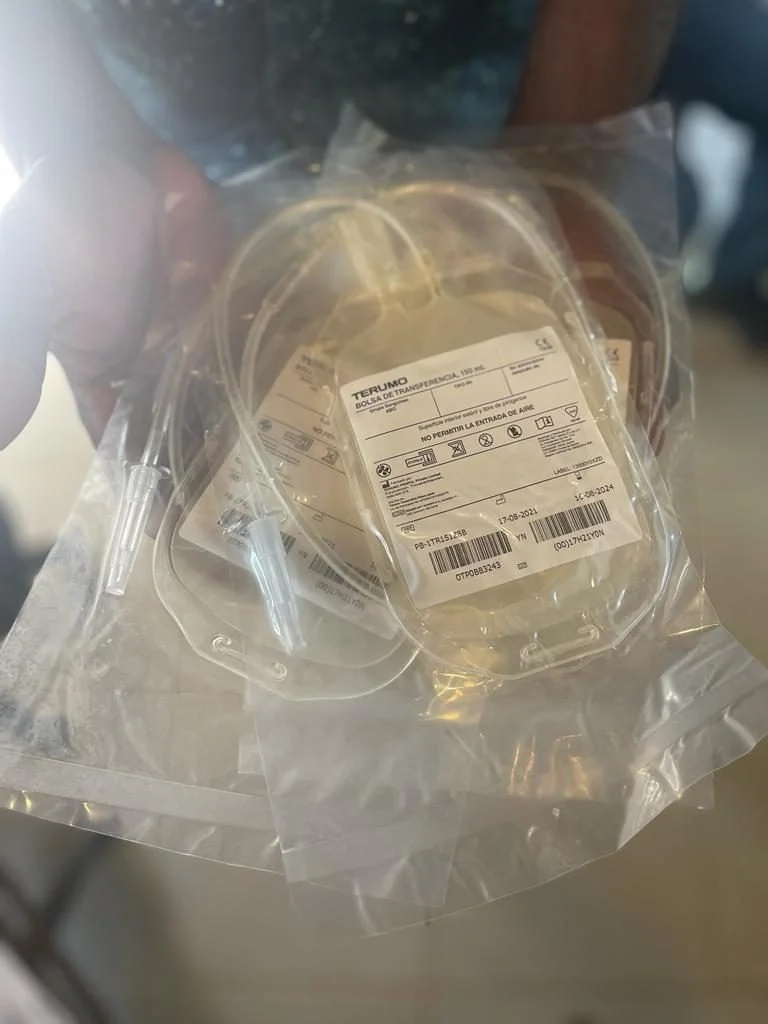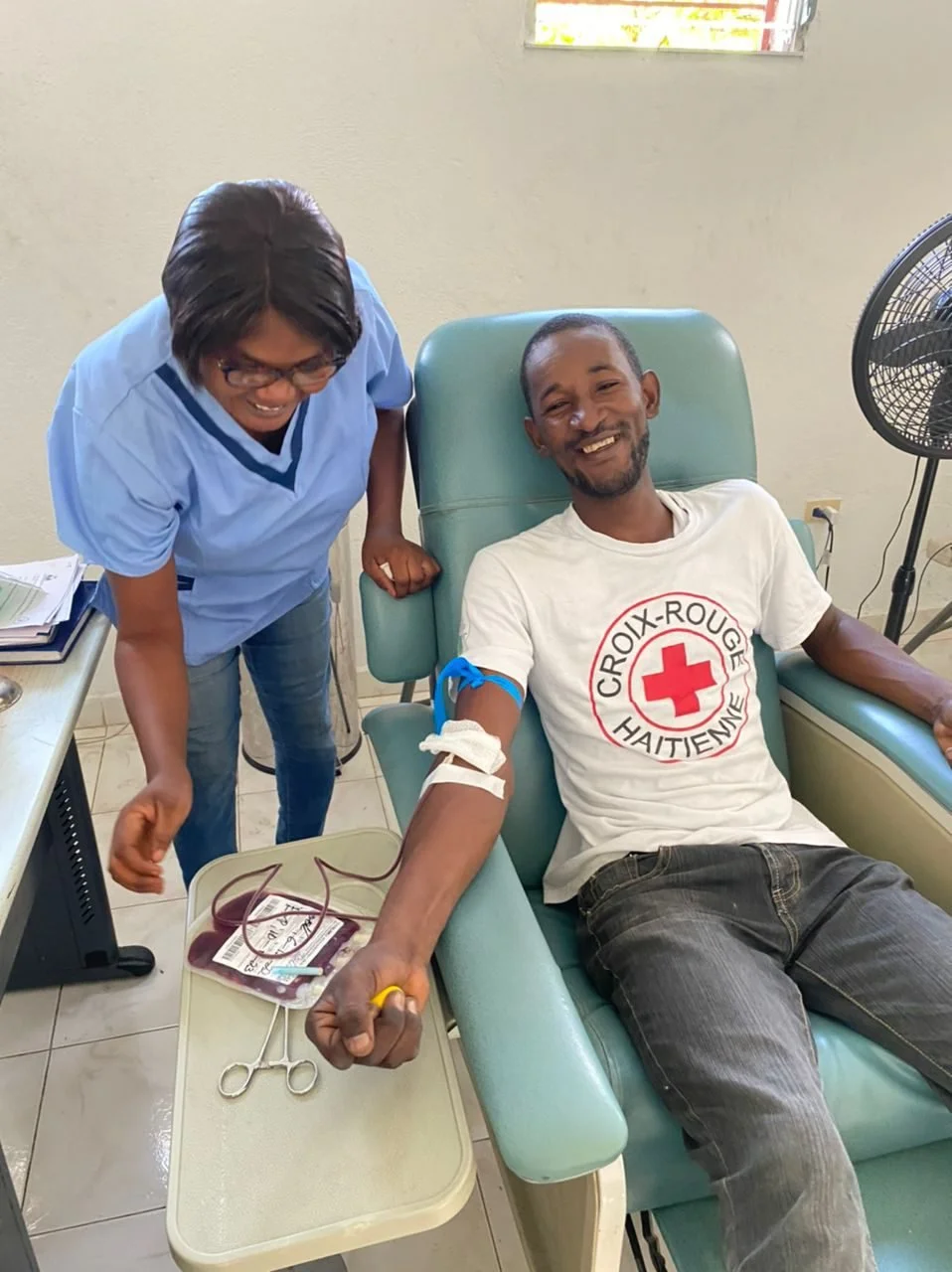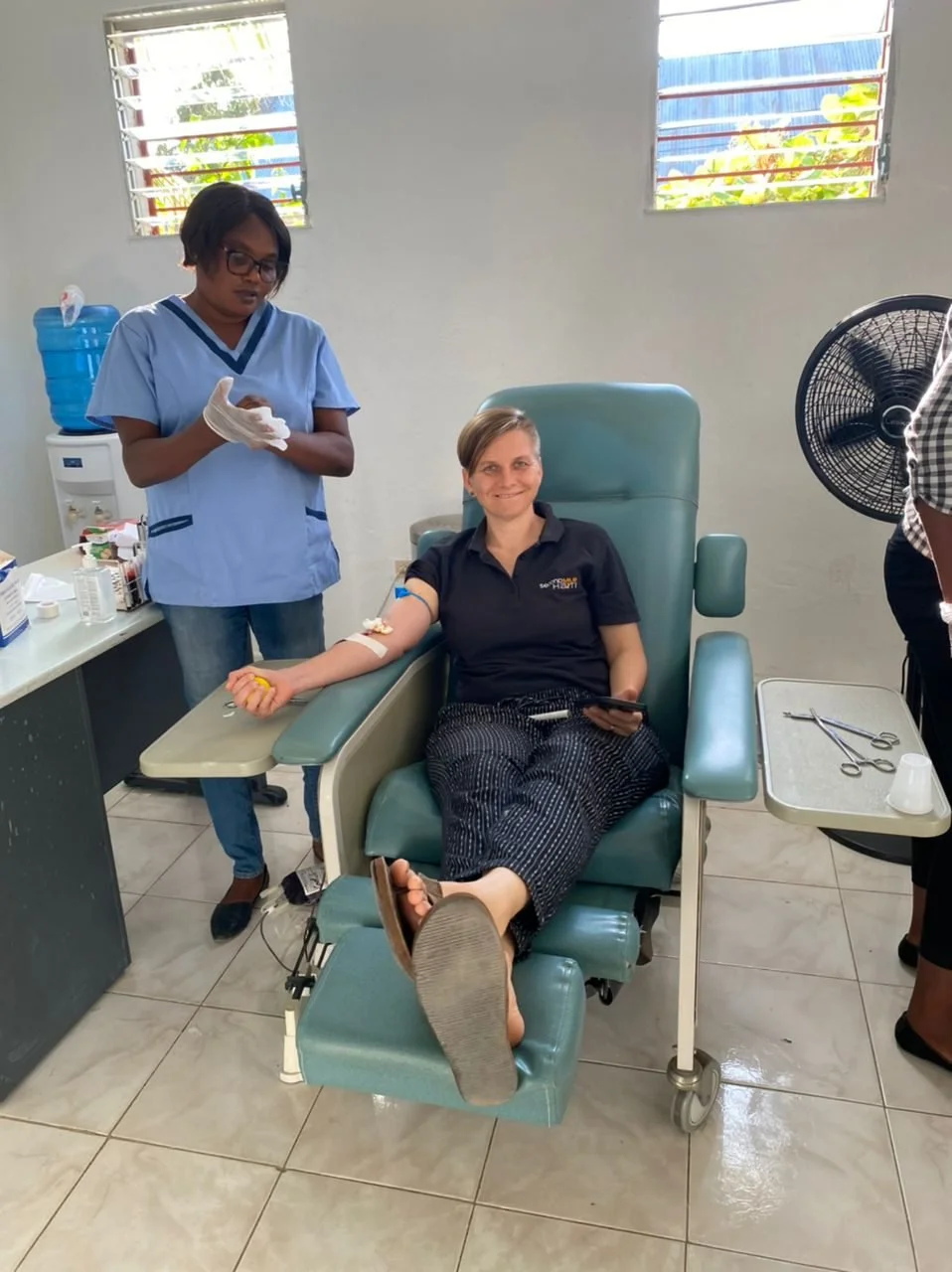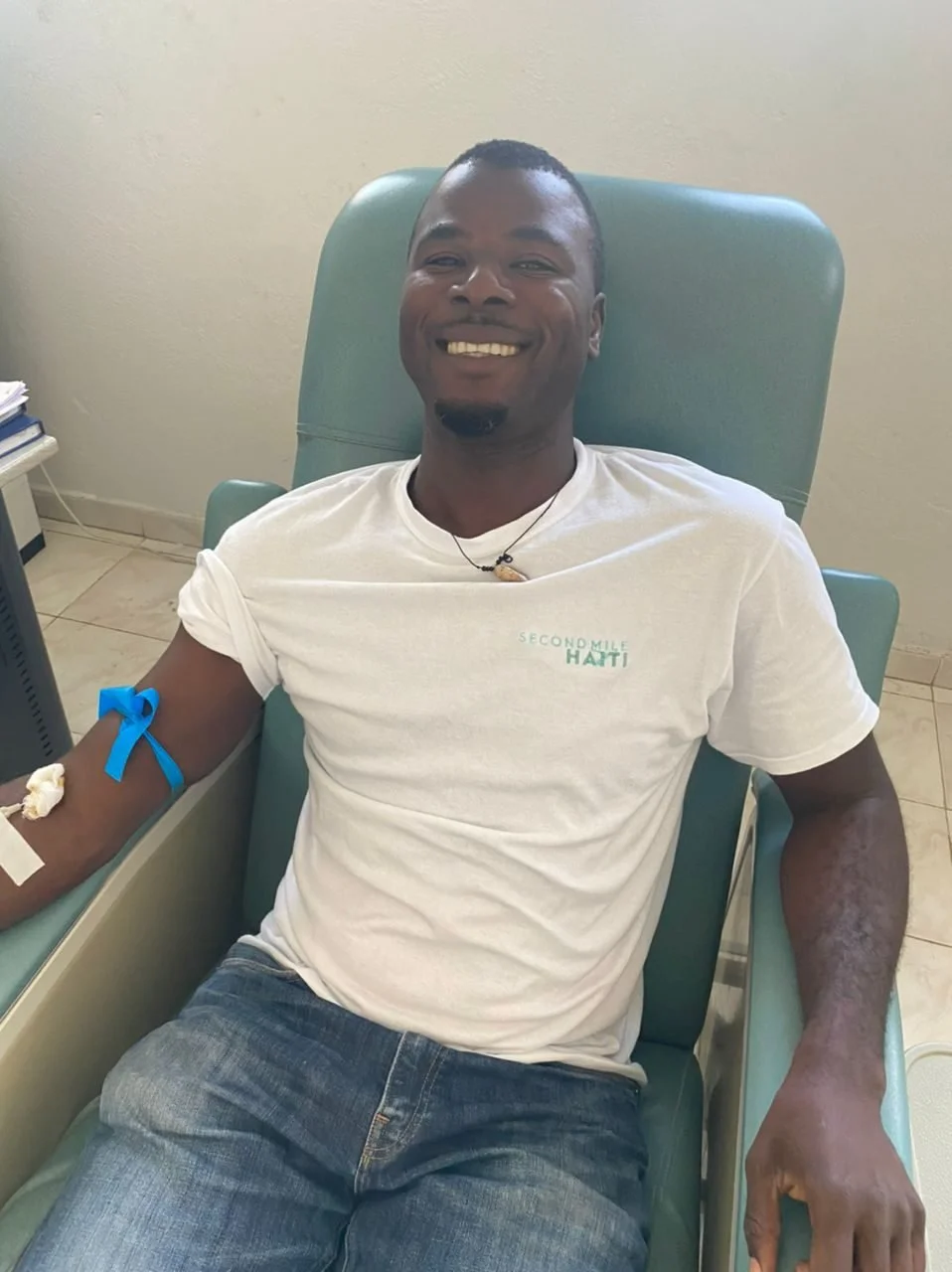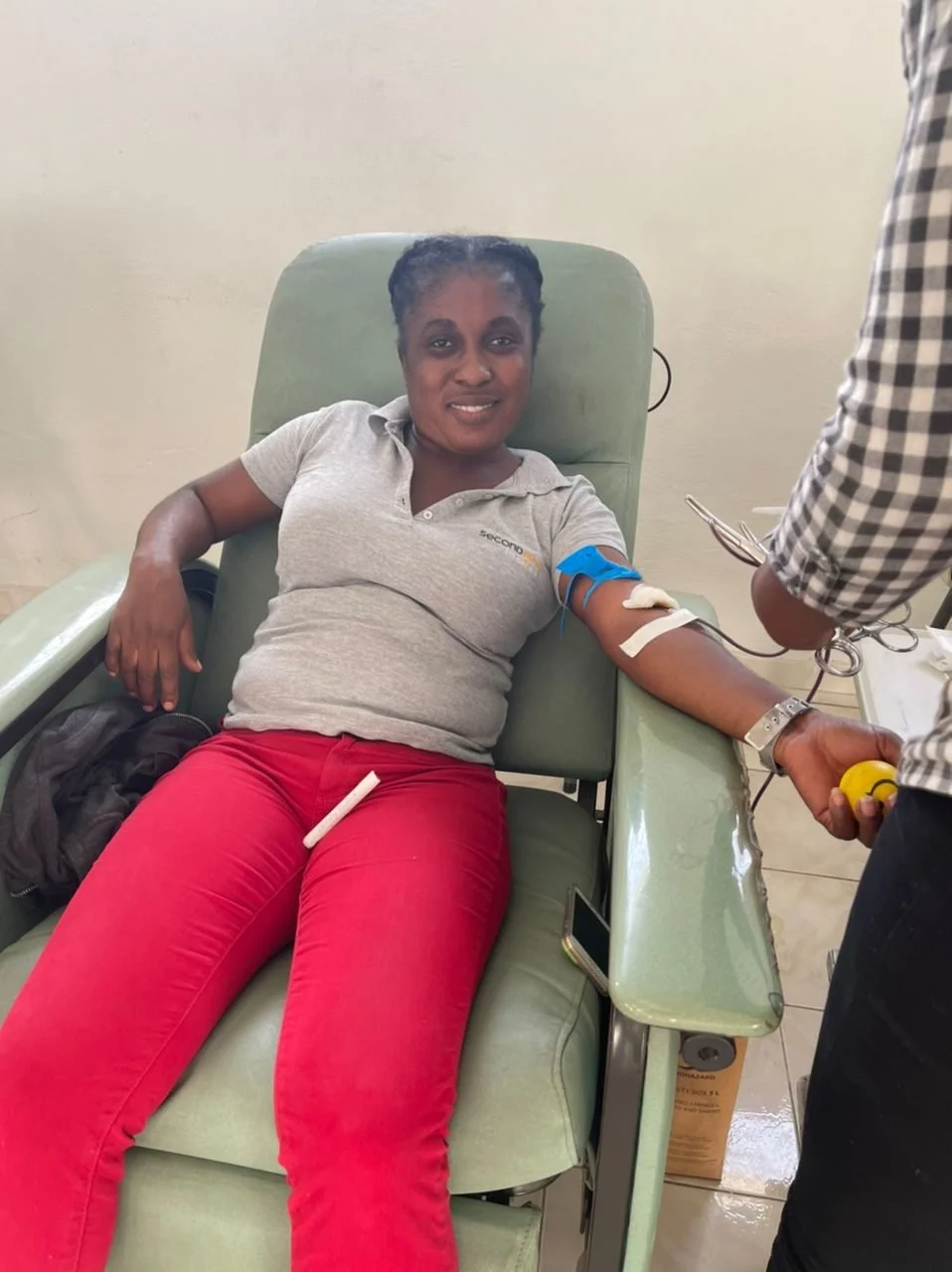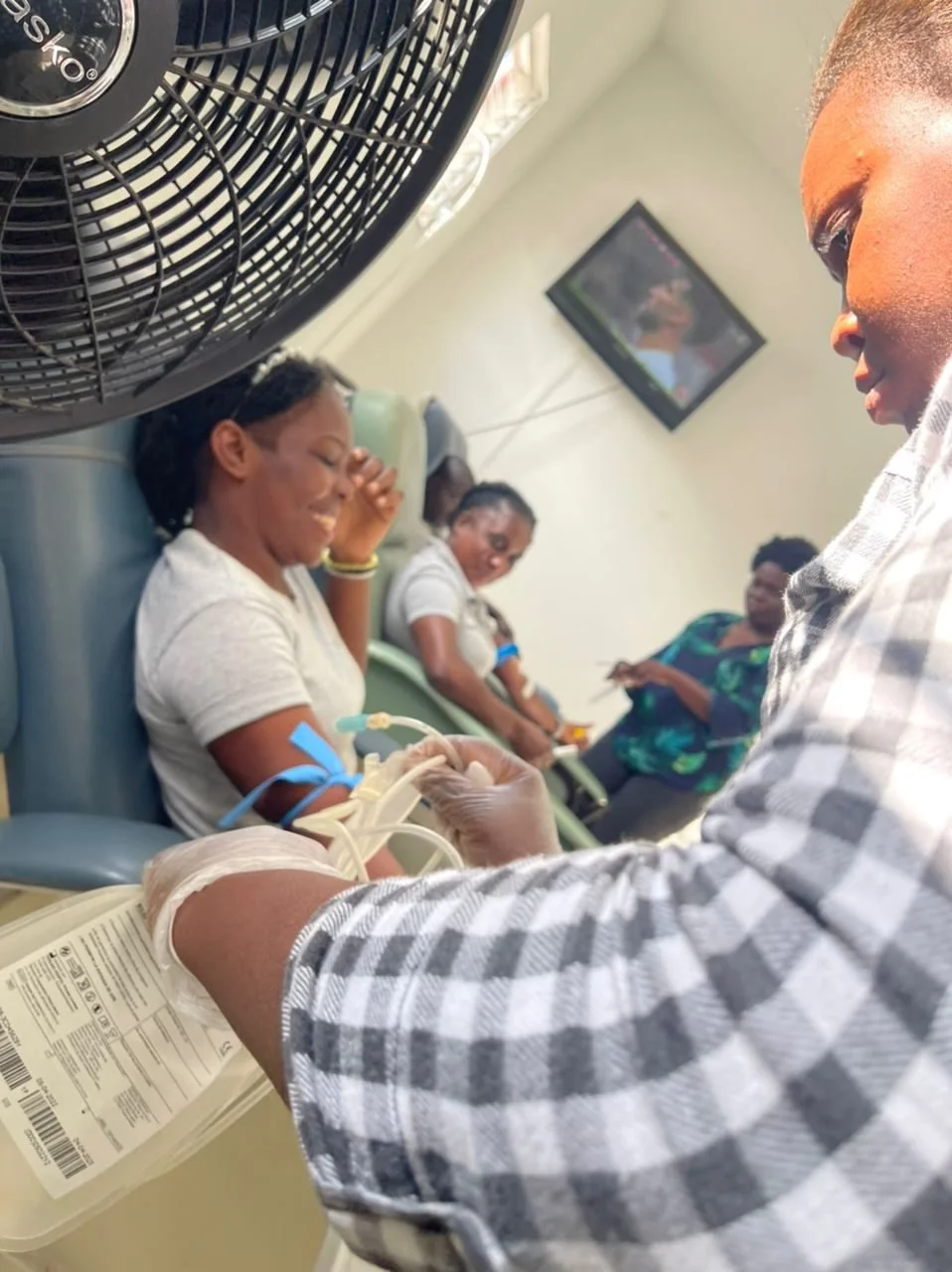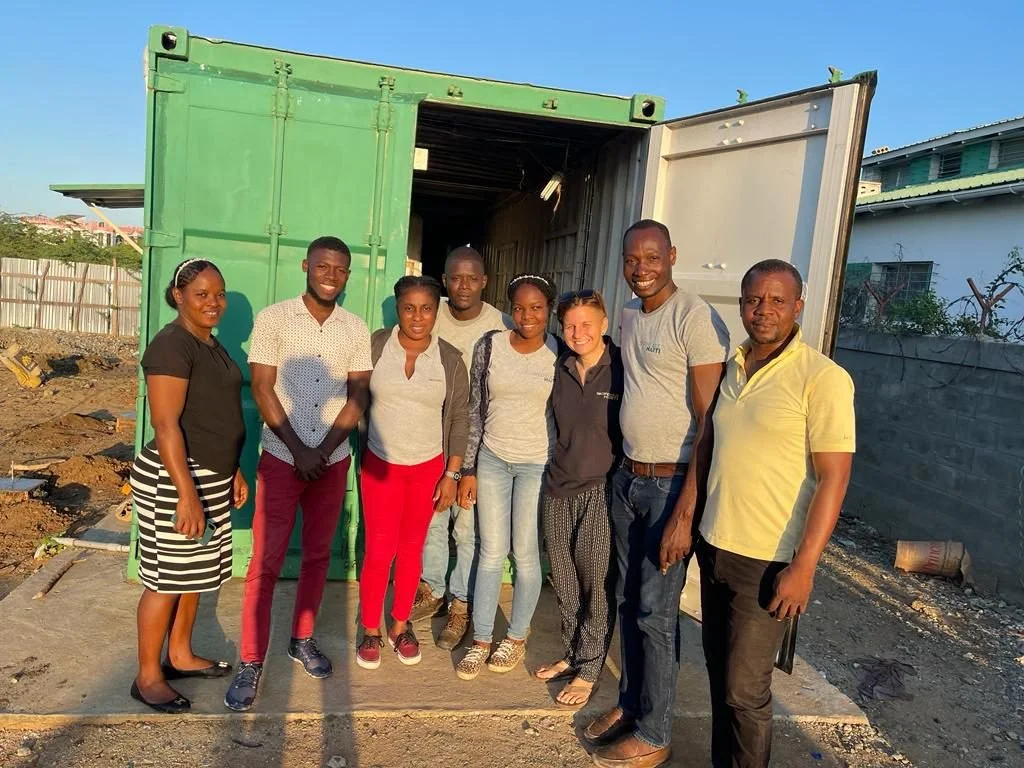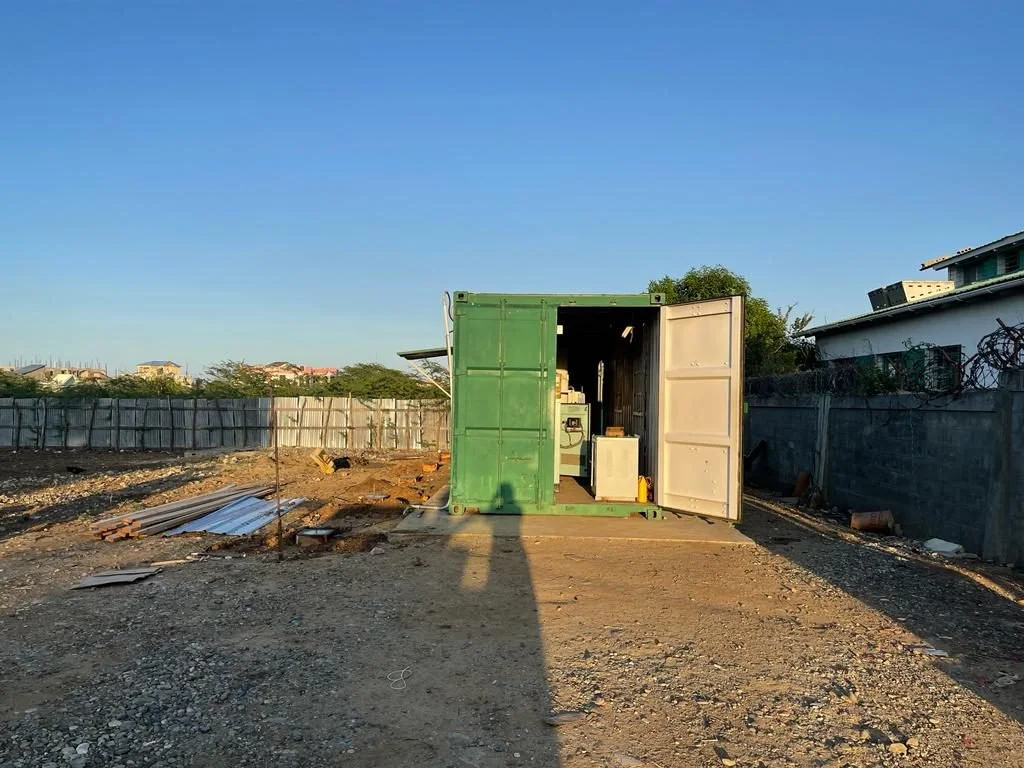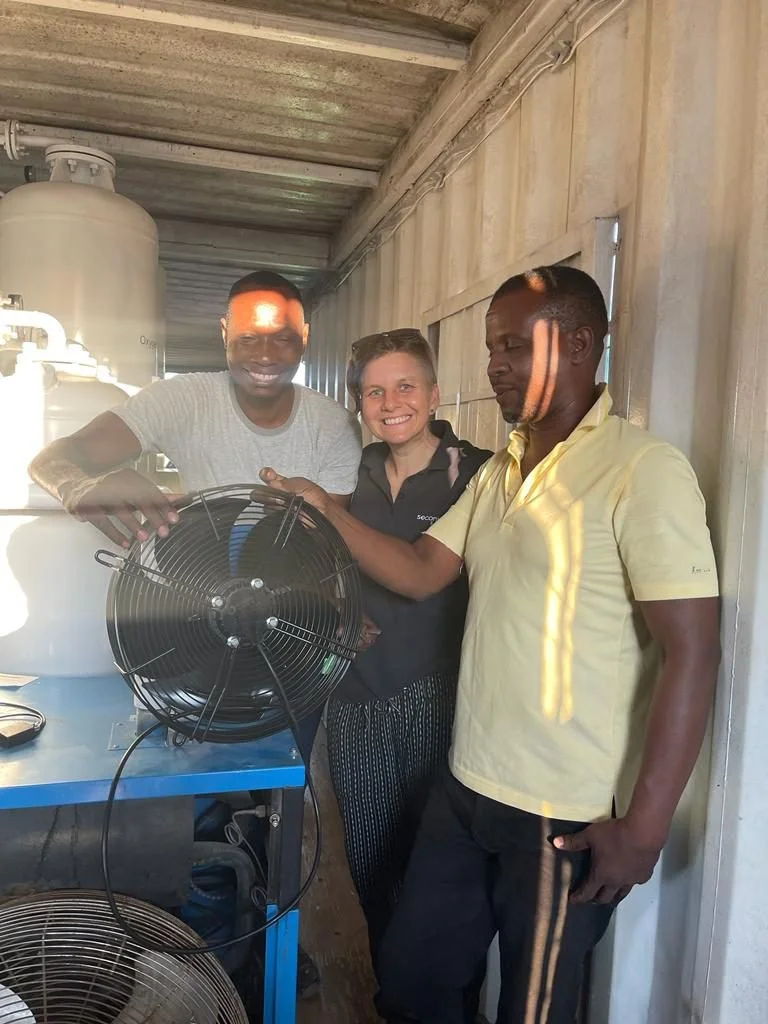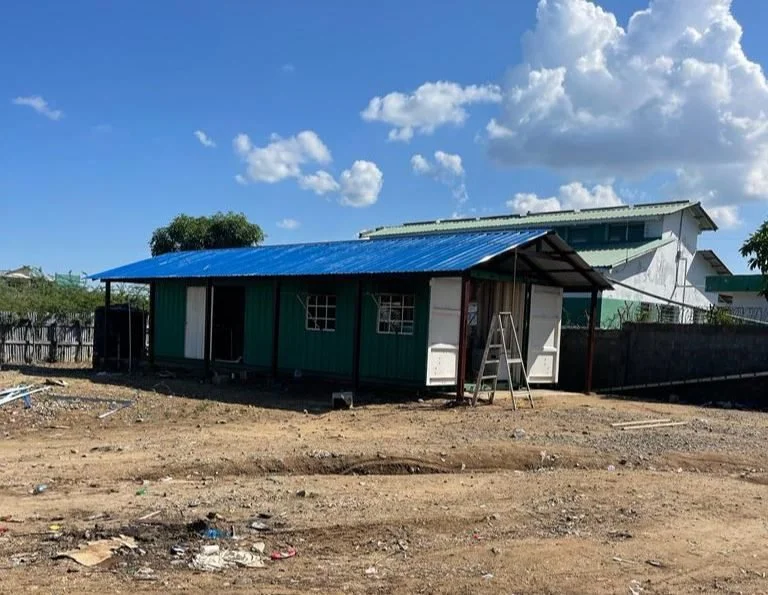Hello friends!
You may be wondering how we decide what to share with you each week and if we’re being honest, 9 times out of 10, it’s the photos that call the shots!
Every week we see new photos—staff from various programs upload them to a google drive or drop them in to group chats.
We see photos of children making progress at the nutrition centers, women showing off the fresh foods they’ve grown in their gardens, and mother’s standing proudly beside their businesses.
Other days there will be photos of community members helping to install street lamps in their villages or piles of beans, plaintains, or sweet potatoes that were harvested from our own campus gardens.
We’re often overwhelmed by all that we could share with you, so we let the photos do the talking.
And this past week, photos from Thursday were speaking the loudest!
Thursday is “Follow-up” day at our Malnutrition Treatment Centers! Caregivers and children of all ages—graduates from our Malnutrition Treatments Centers from as near as last week and as far back as 2013—trickle in throughout the afternoon.
The vibe is immaculate—full of joy and brimming with gratitude and delight.
Caregivers that became friends during their time at the center are reunited once again. They use the nicknames they earned at the center and bring up the inside jokes that were a part of their shared experience.
Children are dressed to nines! Parents beam with pride as the Second Mile nurses and fellow parents lavish them with praise.
There is often a lively, verbal recounting of the child’s progress—a collective remembering of how sick and frail they were before and how miraculous it is to see them alive and well today.
Caregivers whose children are much older now, may have gone six months or more without reconnecting with our team. These parents make their rounds, at ease in this place that was their home away from home during a transformational time in their life.
They greet our team with kisses and giant smiles.
There are “We’ve missed you!”s and “I’m happy to see you!”s bouncing off the walls of various spaces around the centers.
Likewise, children who were a bit older when they spent time at the center are happy to reconnect with the staff members they grew to love. Some smile shyly as their parents urge them to greet their elders in the culturally accepted way, a kiss on each cheek.
Others are uninhibited, running and jumping into the arms of the nurse or social worker who had become their confidant and ally.
In short, there’s nothing quite like the feeling of reuniting with someone who knew you at your most vulnerable, someone you think about often and love because of the love they showed for you.
That’s what happens when our team reunites with the families they cared for and when those families reunite with our team.
We’re thrilled that the new year has contained so many happy reunions. Your support makes this possible.
And if this year is anything like last year, we will see caregivers and their children at more than 1,500 follow-up visits this year.
We can’t wait!
Did you enjoy this week’s photos?
That was only half of them! Stayed tuned for more news like this.
Until next time,
❤️ from Haiti
